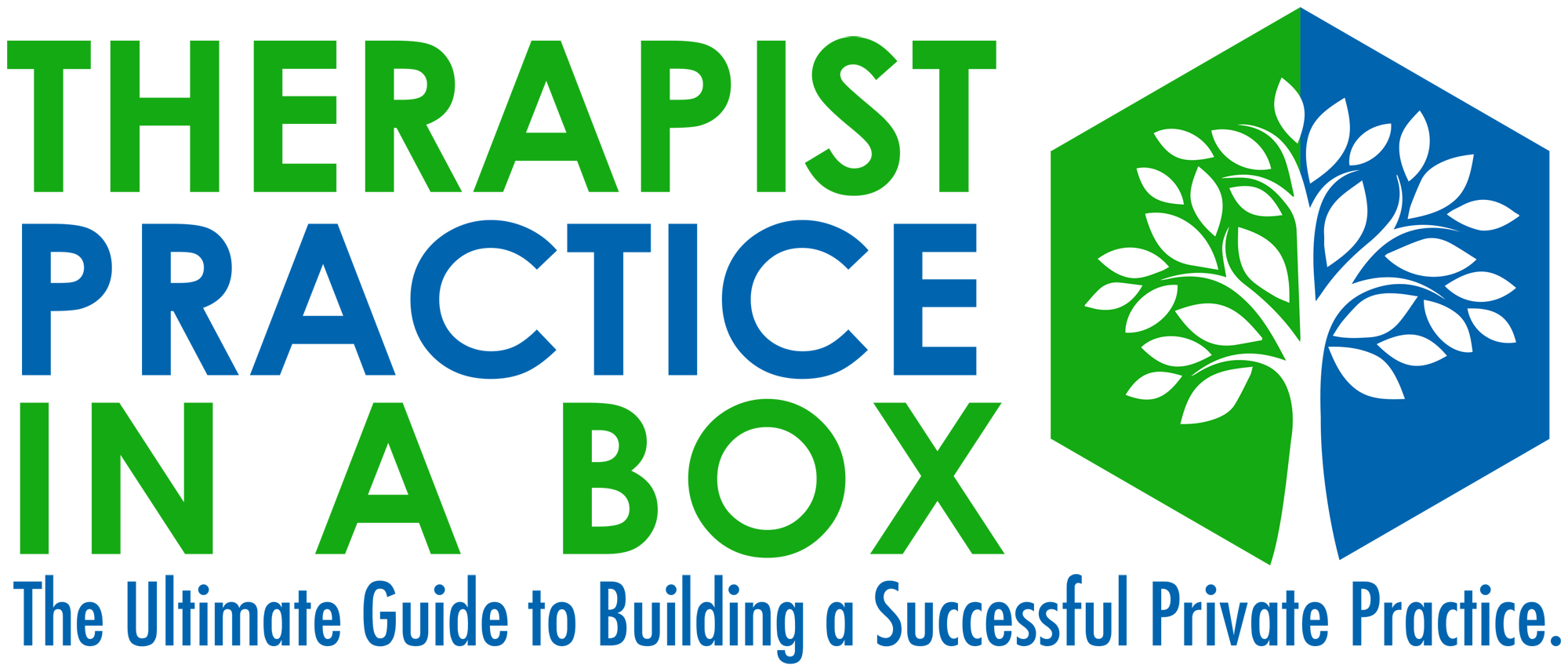There is a great deal of talk in therapist groups, social media or business building books that talk about finding a niche. However, in graduate school I was told that we should really be a generalist and take the clients that come to us, after all, they chose us, right? One of my graduate professors even told our class that we shouldn’t worry about a specialty because that won’t make you any money. I was also told that all therapist can and should be able to handle depression and anxiety after all they are the two most common mental health disorders.
So, if I am a potential client and look up therapists in my area and Google search returns 20 pages of therapists how is a client supposed to narrow down the field and find you?
I must tell you that graduate professor wrong, so very wrong.
That professor was right about being able to treat common (if there is such a thing) depression or anxiety. Many mental health disorders have the crossover symptoms that include depression or anxiety. All therapists should have enough general knowledge to treat those symptoms within the context of treating marriage infidelity, a car accident, parenting issues or other life transitions. However, what about Post-Partum Depression, Eating Disorders, or schizotypal personality disorder to name a few? These all have some form of depression or anxiety running through them. Do you know everything there is to know those conditions? Do you keep up with all the research in those areas? Do you have the specialized training required?
Are you ethical in your scope of practice in these areas? I wouldn’t be.
If we don’t narrow down our specialties (niche), then we must become competent in all areas we intend to practice. We have an obligation to our clients to become experts in the areas we are providing treatment for. We must provide treatment consistent with the standard practice of care and in an ethical manner.
Clients are also becoming more educated about their symptoms and Google has become our client’s best friend. When a client decides to seek treatment, they are committing resources of time, money and effort into attending therapy. If you were the client wouldn’t you want a specialist in the area they were treating you? Clients use Google to look-up specialists, they look up your website, read your blogs, look at the pictures of your office and some will checkout information about you on Google Reviews, Health Grades, and on Yelp (like it or not).
My clients will often tell me they read my blogs or watched my video before picking up the phone to call me. The wanted to be sure that we were a good fit, that I would understand them and could solve their problem which is causing them discomfort and pain. Do you see the pattern of the “know, like and trust” concept I keep speaking about?
When a therapist decides to go into private practice, they will at first have to put in considerable time to marketing, networking and getting the community to know that they exist. If you are too much of a generalist to whom do you market? How do you build relationships with possible referrals sources? How do you stand out from all the other therapists in your city? If you do too many specializes you are not as memorable. I was in the grocery store and ran into a referral source for my practice, and he introduced me to his wife as “the counseling lady that helps people with trauma and depression.” You want to get that well known. Finding your niche will save you time and money. It will limit your marketing efforts and then you can track whether your investment strategy is worth your time and money (Return on Investment, ROI). By focusing in on only a few specialties, it frees up your time to devote to improving your skills, being emotionally ready for your client and ultimately allows for that excellent work that you do.
As a practice coach, I am fortunate to meet many therapists. Some of them have very little left in the tank and they feel discouraged, tired and drained; or in other words, burned out. They think that they must see everyone and if they don’t, they will go broke. However, if you are putting in the efforts in your niche, you will find the clients. These clients will be energizing, and you will look forward to them coming in for therapy, which will result in less burnout for you.
You didn’t spend all that time and money on graduate school just hate this profession in two years.
When you are working with the clients that you really get deep down inside they benefit but you will too. You will also feel more confident if you understand what you are doing and why you are using the interventions. When you are working with a client that you have little knowledge about you become nervous and you are not doing your best work. However, when you are working with clients that are in your niche, you won’t be worrying that you are not qualified. That will translate professionalism to your client.
© 2017-2018 All Rights Reserved, Therapist Practice in A Box, Sherry Shockey-Pope, LMFT

